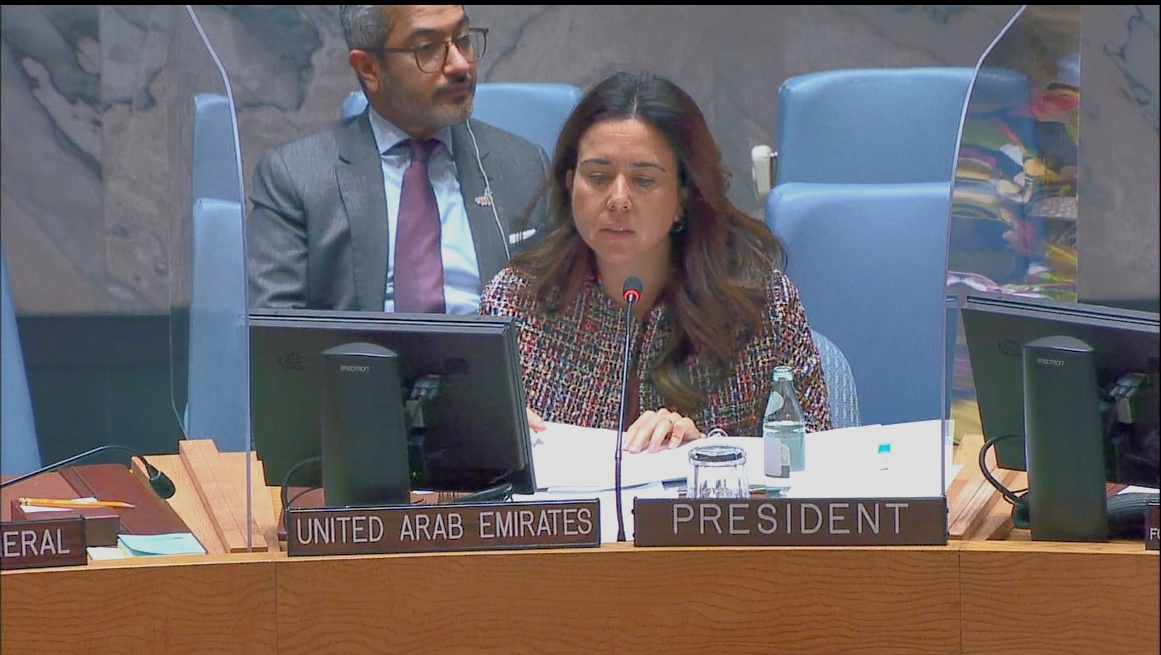

The Security Council discussed on Friday the latest launch of a ballistic missile of intercontinental range by the Democratic People’s Republic of Korea (DPRK), with the UN political affairs chief saying it "risks triggering a significant escalation of tensions in the region and beyond."
"The Secretary-General strongly condemns the DPRK’s latest ICBM launch. This is a flagrant breach of the DPRK’s own 2018 moratorium and a clear violation of relevant Security Council resolutions," said Rosemary DiCarlo, the Under-Secretary-General for Political and Peacebuilding Affairs.
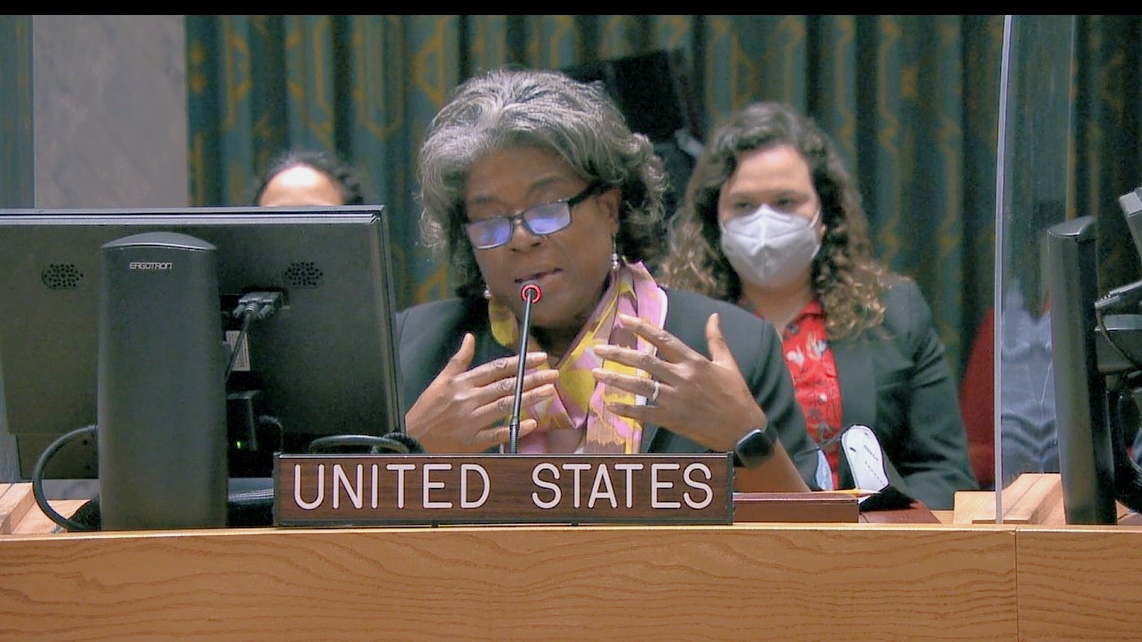
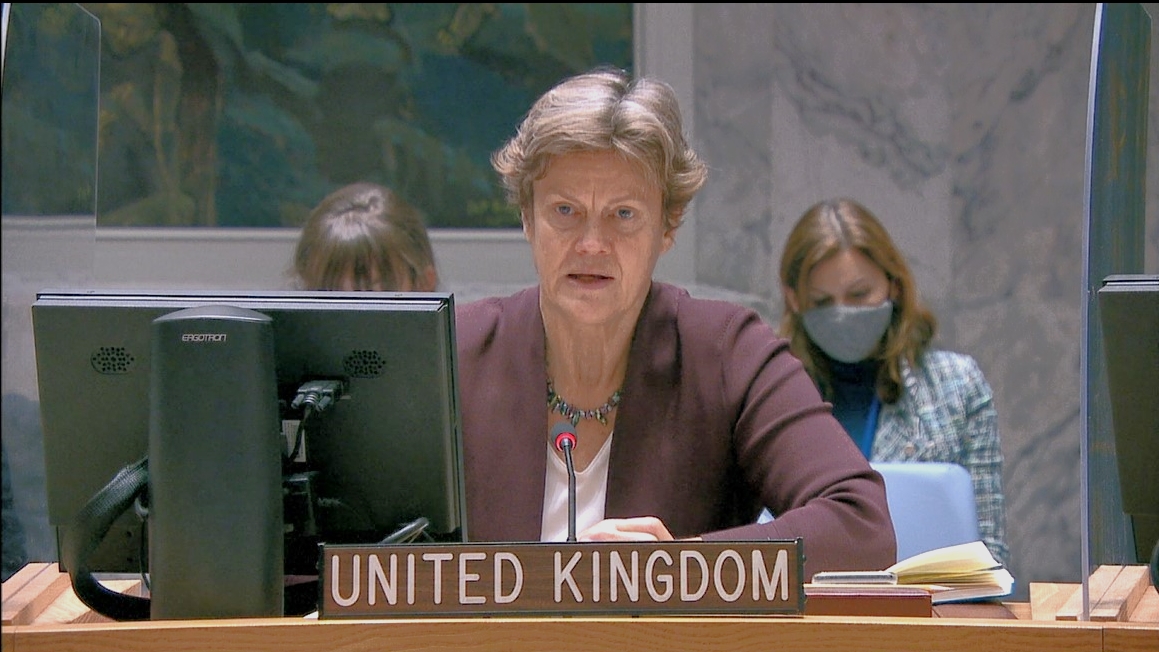
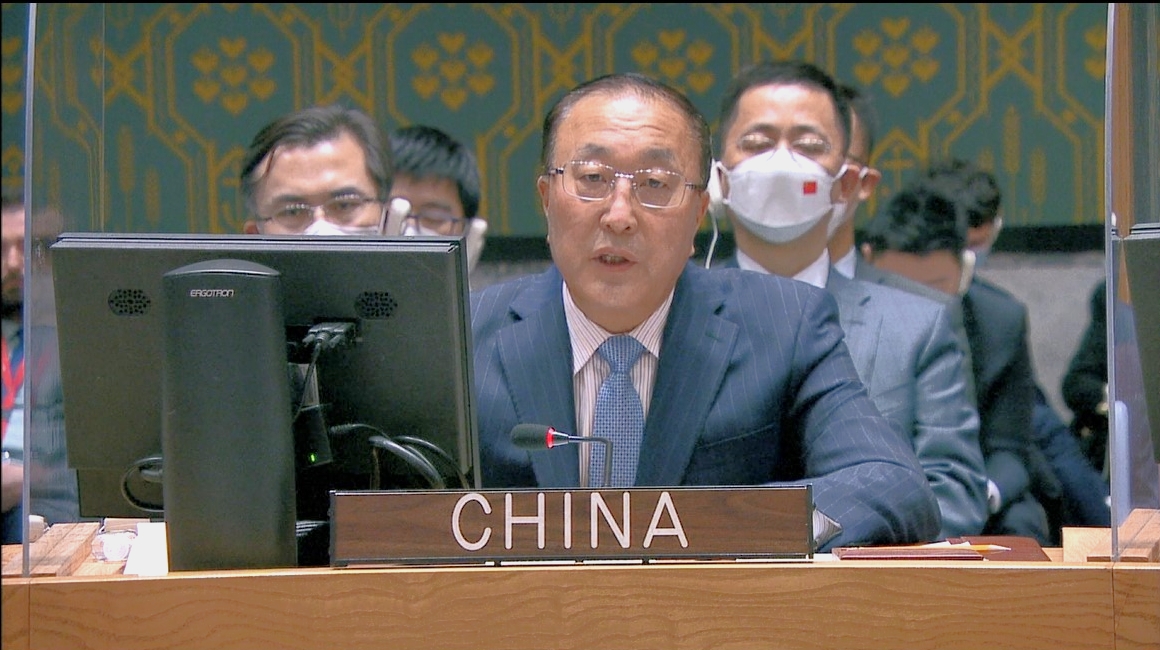
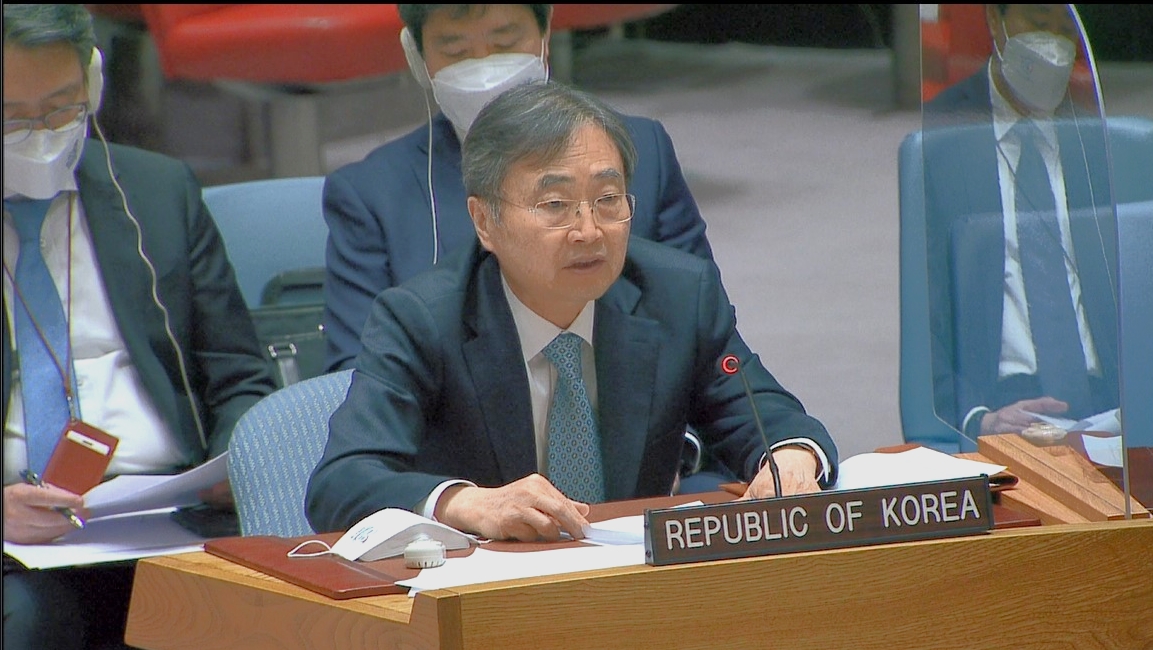
The state news agency of the DPRK reported that the country launched a new type of intercontinental ballistic missile (ICBM) - at approximately 2:34 p.m. local time on 24 March.
The missile – so-called “Hwasong 17” - was reportedly launched from Sunan, an area north of Pyongyang. It covered a range of 1,090 km and reached an apogee of around 6,200 km. It made impact in the sea within Japan’s exclusive economic zone.
The last time the DPRK conducted an ICBM test was on 29 November 2017.
The DPRK has conducted twelve launches using ballistic missile technology this year alone. This is the fifth time the Secretariat has been asked to brief the Council in 2022 in this connection.
According to DiCarlo, "the DPRK also appears to be actively pursuing its nuclear programme."
She said that, on 7 March, the Director General of the International Atomic Energy Agency (IAEA) reported that there were “ongoing indications consistent with the operation of the 5 megawatt reactor at the Yongbyon site.”
For the UN political affairs chief, "in pursuing its nuclear capability and ballistic missile programmes, the DPRK is defying the repeated demands of the Council to cease such activities."
"We have consistently conveyed these concerns to the DPRK," DiCarlo informed.
Also condemning the launch, the United States Permanent Representative, Linda Thomas-Greenfield, said the event "violated multiple Security Council resolutions".
According to her, it represented "an egregious and unprovoked escalation and it poses a threat to the global proliferation regime, and the entire international community."
"This launch warrants, immediate, an immediate response from the Council," the ambassador argued.
Representing the United Kingdom, Permanent Representative Barbara Woodward argued that the Council should "urgently" consider further steps, including updated and targeted sanctions, "to disrupt North Korea’s unlawful testing and illicit proliferation."
Woodward also called on all Member States to "implement fully the Security Council’s Resolutions, and enforce sanctions unanimously adopted, in order to limit North Korea’s illicit nuclear and ballistic missile programmes."
On his turn, the Chinese Permanent Representative, Zhang Jun, said his country "is concerned about how things are evolving right now."
"Under the current circumstances, we call on the parties concerned to stay calm, exercise restraint, stay on the right track of dialogue and consultation, and avoid taking any action that may exacerbate the tensions and lead to misjudgments," he said.
Cho Hyun, Permanent Representative of the Republic of Korea to the United Nations, said that "no one harbors any hostile policy towards Pyongyang, nor is there any reason to do so."
Hyun also strongly urged the DPRK to "refrain from further provocations, fulfill his obligations under the relevant UN Security Council resolutions and engage in meaningful dialogue with the Republic of Korea and the United States toward denuclearization and lasting peace on the Korean peninsula."
Opening the meeting, the Security Council approved a resolution extending the mandate of the Panel of Experts assisting the 1718 DPRK Sanctions Committee.
 Celebrity Media TV
Celebrity Media TV








